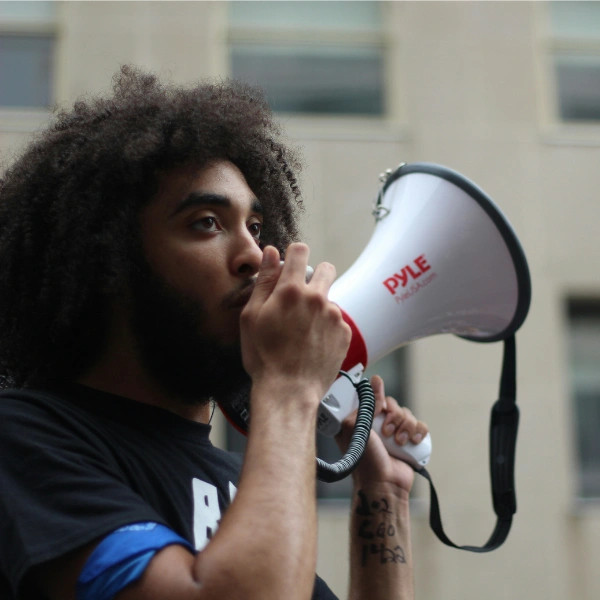We don’t keep secrets–at least, not when it comes to tech strategy. Here’s what we’re thinking about.
Choose Resource type
Thanks! You’ll hear back within 48 business hours
In the meantime, why not check out our latest case study?

A website that the MS community can rely on
Can Do MS
Whether you need help with a project, want to learn more about us, or just want to say hi, you’ve come to the right place.











